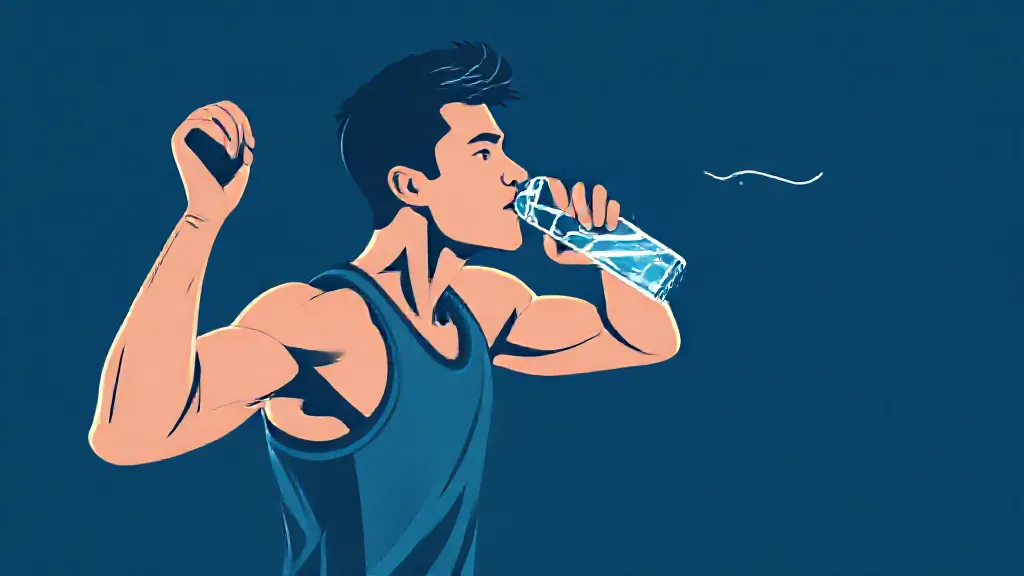Hydration is a critical factor in athletic performance, influencing everything from endurance to recovery. Athletes often overlook the importance of proper fluid intake, yet it can be the difference between peak performance and a disappointing outcome. This article explores how hydration impacts various aspects of athletic performance, the science behind it, and practical recommendations for athletes at all levels.
The Science of Hydration and Performance
The human body is composed of approximately 60% water, and this fluid plays a vital role in numerous physiological processes. Hydration affects cardiovascular function, thermoregulation, and muscle metabolism. During exercise, the body loses water through sweat and respiration, leading to dehydration if fluids are not adequately replenished.
Studies have shown that even a 2% loss in body weight due to dehydration can significantly impair performance, leading to decreased endurance, increased fatigue, and reduced cognitive function.
Effects of Dehydration on Athletic Performance
Dehydration can lead to a myriad of negative effects on athletic performance. One of the most immediate impacts is a decline in endurance.
Research indicates that dehydration can reduce endurance performance by up to 30%. Additionally, dehydration can cause muscle cramps, heat exhaustion, and heat stroke in extreme cases. Cognitive functions, such as decision-making and reaction time, can also be adversely affected, which is particularly critical in sports that require quick thinking and precise movements.
Hydration Strategies for Athletes
To optimize performance, athletes should develop a hydration strategy tailored to their specific needs. This includes understanding their individual sweat rates, which can vary based on factors such as temperature, humidity, and exercise intensity. A general guideline is to consume 500-700 mL of fluid two to three hours before exercise, followed by additional hydration during and after the activity.
Sports drinks containing electrolytes can be beneficial, especially during prolonged or intense exercise sessions, as they help replace lost salts and maintain fluid balance.
The Role of Electrolytes in Hydration
Electrolytes, such as sodium, potassium, and magnesium, are essential for maintaining fluid balance in the body. During exercise, athletes lose electrolytes through sweat, which can lead to imbalances if not replenished.
Sodium is particularly important, as it helps retain fluid in the body and supports nerve function and muscle contractions. Athletes should consider incorporating electrolyte-rich foods or beverages into their hydration plan, especially for endurance events lasting longer than an hour.
Hydration and Recovery
Hydration also plays a crucial role in recovery post-exercise.
Proper fluid intake helps to restore lost fluids, aids in nutrient transportation, and supports muscle repair. Athletes should aim to drink enough fluids after exercise to replace at least 150% of the weight lost during the activity. This can be achieved by consuming water, electrolyte drinks, and hydrating foods such as fruits and vegetables.
Monitoring Hydration Status
Athletes can monitor their hydration status through various methods. One common approach is to track body weight before and after exercise to determine fluid loss. Additionally, urine color can serve as a simple indicator of hydration; light yellow typically indicates adequate hydration, while dark yellow suggests dehydration.
More advanced methods include using hydration assessment tools like urine specific gravity tests or bioelectrical impedance analysis.
The Importance of Individualized Hydration Plans
Every athlete has unique hydration needs based on their body composition, sweat rate, and the specific demands of their sport. Therefore, a one-size-fits-all approach to hydration is ineffective.
Athletes should work with nutritionists or sports scientists to develop individualized hydration plans that consider their training schedules, environmental conditions, and personal preferences.
Conclusion: Prioritizing Hydration for Optimal Performance
In conclusion, hydration is an essential component of athletic performance that should not be overlooked. Athletes who prioritize their fluid intake are more likely to perform at their best, recover effectively, and reduce the risk of injury.
By understanding the science behind hydration and implementing effective strategies, athletes can enhance their performance and achieve their goals.
